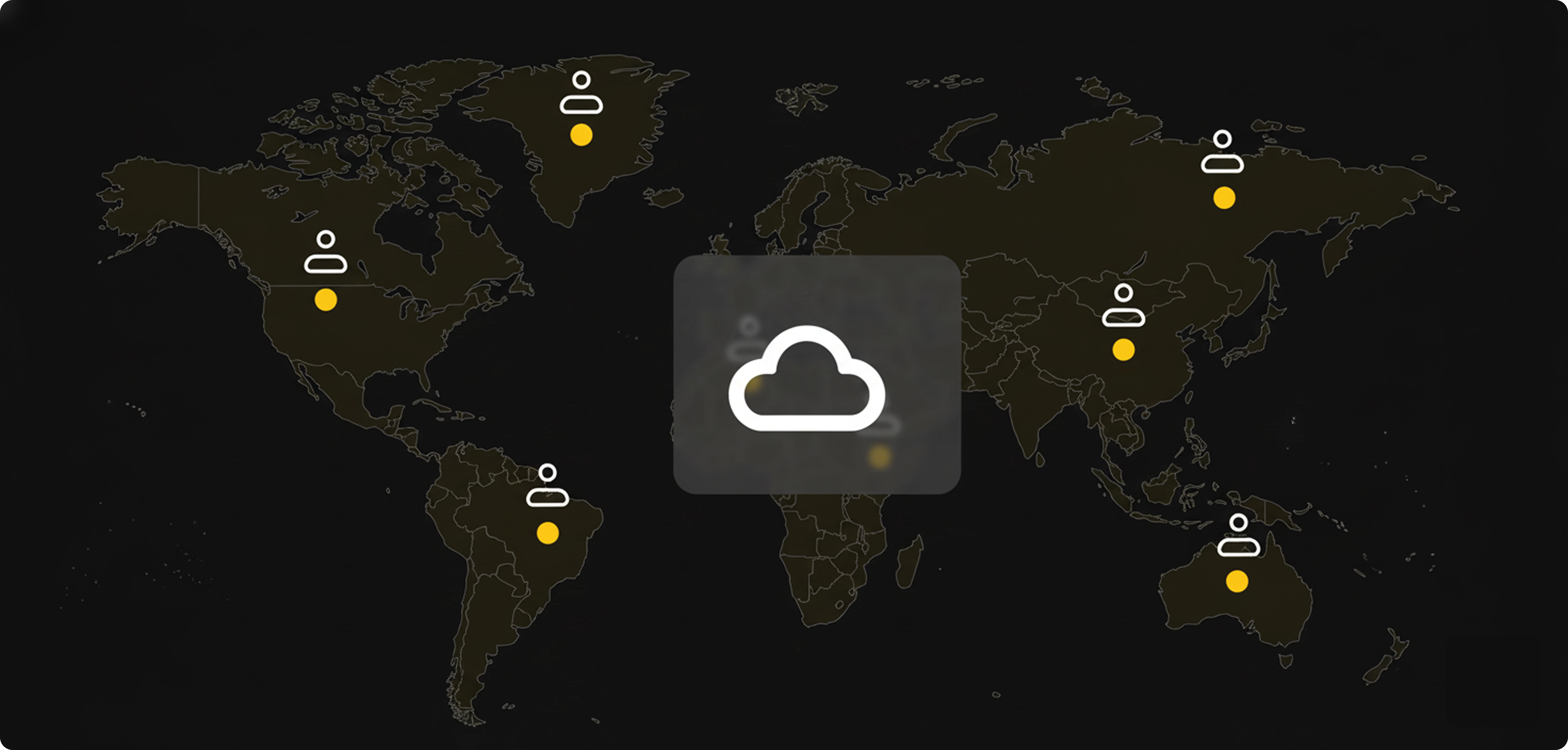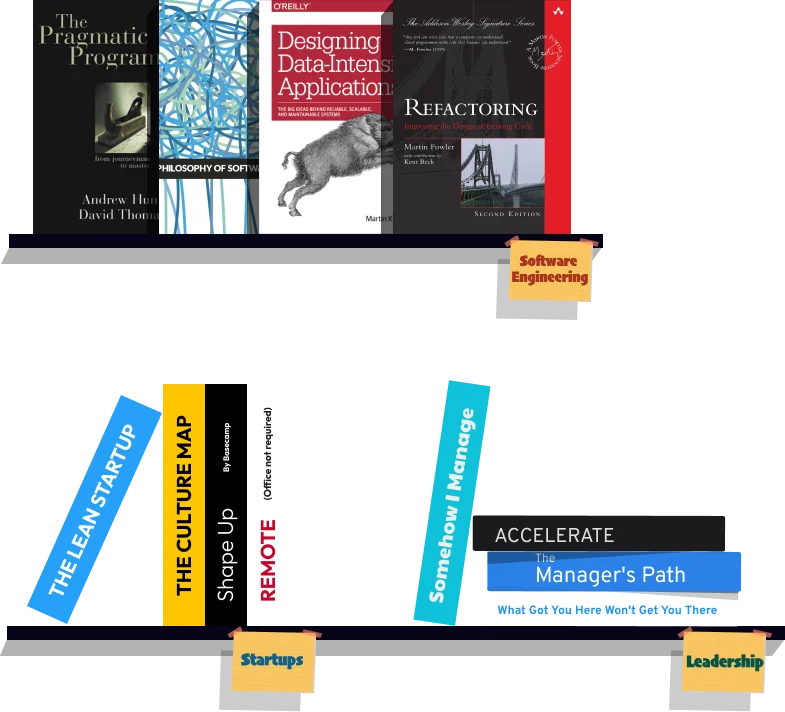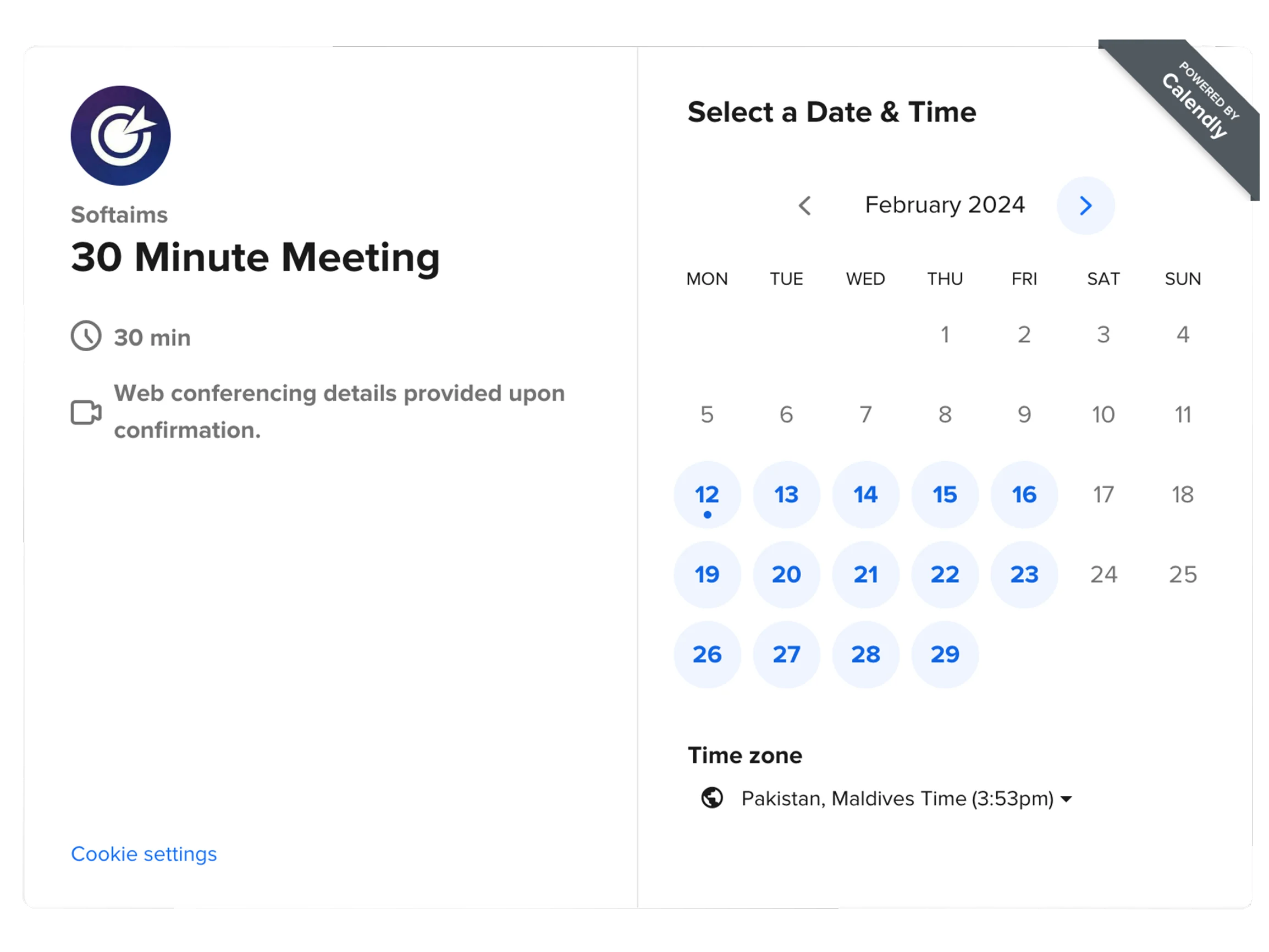The Architects of Google's Infrastructure Google Cloud Engineers
A Google Cloud Platform (GCP) Engineer is a cloud professional who specializes in designing, building, and managing applications and infrastructure on Google's powerful cloud. They are the experts who leverage Google's world-class infrastructure—the same infrastructure that powers Google Search and YouTube—to create highly scalable, data-driven, and intelligent solutions.

Hiring a GCP engineer is an investment in a modern, developer-friendly, and data-centric cloud platform. Their expertise is crucial for any company that wants to leverage Google's strengths in data analytics, machine learning, and container orchestration to build the next generation of innovative applications.
Core Compute and Networking Services
A proficient GCP engineer must have a deep, practical understanding of the platform's core compute services. This includes a mastery of Google Compute Engine for scalable virtual machines, as well as an understanding of modern, serverless compute options like Google Cloud Functions and Google Cloud Run for containerized workloads.
Furthermore, they must be an expert at designing and managing a Virtual Private Cloud (VPC) network. This includes configuring subnets, firewall rules to control traffic, and using Google Cloud Load Balancing to distribute requests and ensure high availability. This networking foundation is essential for any secure and well-architected cloud environment.
Storage and Database Solutions
Data is a critical asset, and a GCP engineer must be skilled in using the platform's diverse and powerful storage and database services. A fundamental requirement is expertise with Google Cloud Storage for highly durable and scalable object storage. They should be able to manage buckets, lifecycle policies, and access control.
For databases, they must have hands-on experience with Google's managed relational database services, like Cloud SQL, and its globally-scalable NoSQL database, Cloud Firestore or Bigtable. A key differentiator is expertise with Google BigQuery, a serverless, highly-scalable data warehouse that is a cornerstone of data analytics on GCP.
Infrastructure as Code
Modern cloud management is driven by the practice of Infrastructure as Code (IaC). A top-tier candidate must be proficient in defining and deploying their GCP infrastructure declaratively. The native way to do this in Google Cloud is with Cloud Deployment Manager.
However, expertise in the industry-standard, multi-cloud tool Terraform is even more valuable. The ability to write a Terraform configuration file to define a resource, such as resource "google_compute_instance" "default" { ... }, allows them to create a reliable, repeatable, and version-controlled process for provisioning infrastructure.
Security with IAM and Beyond
Security is a fundamental concern in the cloud, and a GCP engineer must be an expert at securing the platform. This begins with a deep understanding of Google Cloud's Identity and Access Management (IAM) system. They must be skilled at managing members and roles and applying the principle of least privilege to ensure that identities only have the permissions they need.
They should also be familiar with other key security services, such as Secret Manager for securely storing API keys and other secrets, and the Security Command Center for a centralized view of their security posture. A security-first mindset is a non-negotiable trait for any cloud professional.
Kubernetes and Containerization
Google is the original creator of Kubernetes, and GCP has the world's most mature and powerful managed Kubernetes offering: Google Kubernetes Engine (GKE). A candidate for a modern cloud role must have deep, hands-on expertise with both Docker for building container images and Kubernetes for running them at scale.
Proficiency with GKE is often a key requirement. This includes the ability to provision a GKE cluster, deploy applications using Kubernetes manifests, configure autoscaling, and manage the cluster's networking and security. Expertise in GKE is a hallmark of a top-tier, cloud-native engineer.
DevOps with Google Cloud Build
A GCP engineer is a key player in the software delivery lifecycle. They must have hands-on experience with Google's integrated CI/CD tools. The primary service for this is Cloud Build, which allows them to create fully-managed CI/CD pipelines that can build, test, and deploy applications.
They should be able to define a build pipeline in a cloudbuild.yaml file and integrate it with source code repositories like Cloud Source Repositories or GitHub. This ability to automate the entire software release process is a critical part of the DevOps culture and a core competency of the role.
Data Engineering and Analytics Services
One of Google Cloud's biggest strengths is its suite of data and analytics services. A well-rounded GCP engineer should have experience with the key components of a modern data platform on Google Cloud. This includes using Cloud Dataflow for large-scale data processing and Pub/Sub for real-time data ingestion.
As mentioned before, deep expertise with BigQuery for data warehousing is a massive plus. The ability to build a data pipeline that can ingest data from various sources, process it with Dataflow, and load it into BigQuery for analysis is a highly valuable and in-demand skill set.
AI and Machine Learning Platform
Google is a world leader in artificial intelligence, and its cloud platform reflects this. A forward-thinking GCP engineer should be familiar with Google's Vertex AI platform, which provides a unified environment for building, training, and deploying machine learning models at scale.
While they may not be an ML engineer themselves, they should be able to provision the infrastructure and set up the pipelines that ML engineers need to do their work. This ability to support a data science team is a key skill for any company that is serious about leveraging AI.
Monitoring and Observability
A deployed application must be monitored to ensure it is healthy and performing well. A proficient GCP engineer must be an expert at using the Google Cloud's operations suite (formerly Stackdriver). This includes using Cloud Monitoring for metrics and alerting, and Cloud Logging for centralized log management.
They should be able to create insightful dashboards to visualize the health of their systems and configure automated alerts to proactively notify the team of any issues. A data-driven approach to operations is essential for maintaining a reliable production environment.
How Much Does It Cost to Hire a Google Cloud Engineer
The cost to hire a certified and experienced Google Cloud Engineer is high, reflecting the strong demand for their skills, particularly in the areas of Kubernetes, big data, and machine learning. The salary is influenced by their geographic location, years of experience, and their level of expertise with specific, high-value GCP services.
Tech hubs in North America and Western Europe typically have the highest salary ranges. The following table provides an estimated average annual salary for a mid-level Google Cloud Engineer to illustrate these global differences.
| Country |
Average Annual Salary (USD) |
| United States |
$140,000 |
| Switzerland |
$130,000 |
| United Kingdom |
$92,000 |
| Germany |
$90,000 |
| Canada |
$110,000 |
| Poland |
$70,000 |
| Ukraine |
$65,000 |
| India |
$50,000 |
| Brazil |
$60,000 |
| Netherlands |
$95,000 |
When to Hire Dedicated Google Cloud Engineers Versus Freelance Google Cloud Engineers
Hiring a dedicated, full-time Google Cloud Engineer is the right choice for any company that has made a strategic commitment to the GCP platform. A dedicated engineer will take long-term ownership of your cloud architecture, security, and cost-effectiveness. This is an essential role for ensuring the ongoing health and evolution of the foundation upon which your business runs.
Hiring a freelance Google Cloud expert is a more tactical decision, ideal for specific, well-defined projects. This is a great model for a one-time migration to GCP, setting up a data pipeline with BigQuery and Dataflow, or getting expert help to configure a GKE cluster. Freelancers can provide specialized expertise to achieve a particular goal efficiently without a long-term commitment.
Why Do Companies Hire Google Cloud Engineers
Companies hire Google Cloud Engineers to leverage a platform that is renowned for its world-class expertise in Kubernetes, data analytics, and machine learning. For organizations that are building cloud-native, containerized applications, GCP's Google Kubernetes Engine (GKE) is often considered the best-in-class managed Kubernetes service.
Furthermore, companies with a strong focus on data hire GCP engineers to take advantage of industry-leading services like BigQuery, which offers unparalleled performance and scalability for data warehousing and analytics. By hiring an expert in this ecosystem, companies can tap into Google's deep infrastructure expertise to build highly scalable, data-driven, and intelligent applications.
In conclusion, hiring a top-tier Google Cloud Engineer requires looking for a professional who is an expert at building and managing infrastructure on Google's powerful and developer-friendly cloud. The ideal candidate will combine a deep and practical knowledge of core GCP services with a mastery of modern cloud practices like Infrastructure as Code, Kubernetes, and integrated CI/CD. By prioritizing these skills, organizations can build the powerful, scalable, and data-centric cloud foundation needed to innovate and compete in the modern era.



































